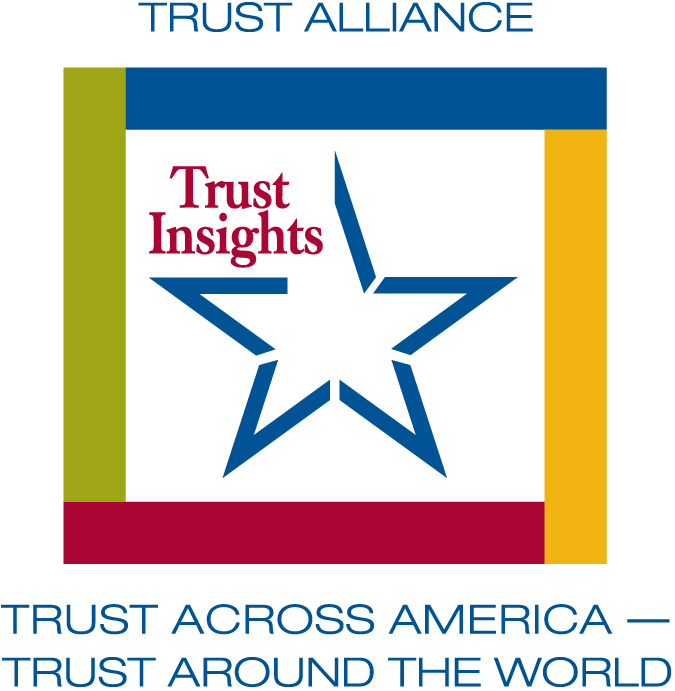 Bob, thank you for participating in our 2020 Trust Insights series. What is your trust insight?
Bob, thank you for participating in our 2020 Trust Insights series. What is your trust insight?
“Three trust questions are the best way to deal with the ethical dilemmas we face.”
Bob Vanourek, Triple Crown Leadership and former CEO
Can you expand a bit on this important insight?
Every one of us has will face ethical dilemmas. They can’t be avoided. They are the terrible moral quandaries thrust on us by bosses, people in authority, peers, or the unrelenting circumstances of life. The great philosophers have given us ethical frameworks to solve these grim choices. They range from Utilitarianism to Virtue Ethics, Kant’s Categorical Imperative, and more. Not surprisingly, most of us are clueless about how to use these principles.
Answering three trust questions can give us more practical solutions. When you face a difficult ethical choice, where all the alternatives seem terrible, ask these questions:
- Which course of action will build the most trust with those impacted?
- How can I best implement this course of action to build trust with those impacted?
- If some trust is broken because of this choice, how can I minimize that impact to help rebuild trust?
Can you provide a real life example of a trust “challenge” where your insight has been effectively applied.
I came in as CEO to rescue a very troubled public company. The prior CEO and EVP had been indicted for bribery. Shareholder class action suits had been filed; SEC and IRS investigations were underway; the best employees and customers were panicked; and cash to meet payroll was running critically short. Unfortunately, massive layoffs were necessary.
Realizing the crisis in the company was not due to the employees who would now face the repercussions, we decided to handle the cutbacks differently. People being laid off were not going to be immediately escorted to the door by security guards with boxes of their belongings in their hands because they could not be trusted. They would be treated respectfully with fair severance and references. With their agreement, they would stay in place for weeks to train others who would assume their duties. We would hold farewell gatherings for each to acknowledge their past work and to wish them well.
Right before the announcements to all employees, I met with a very capable, long-term, and popular senior executive, John, to inform him that his job was being eliminated. He understood, and I invited him, if he wished attend, to join the all-hands meeting starting then.
Naturally, there was shock among the employees as I announced the dire circumstances we were in and what we were forced to do to survive. I assured them that fair treatment for those being separated was involved. But I sensed the anger and skepticism in the audience.
Then, I saw John standing near the stage. As I looked him in the eyes, I intuitively felt I could trust him to do what was right. I told the employees that John was one of those being laid-off. I thanked him for his years of service. Then I invited him onto the stage to say a few words if he wished to do so. I heard an audible gasp from my officer corps. They must have been thinking, “What will John say after being told he was being laid-off?”
John stepped to the mic with tears in his eyes and his throat catching with emotion. He thanked his colleagues for their work together over the years, said he would be “just fine,” and encouraged the audience to “hold the course.” The company would survive these tough times, and he was proud to have worked there.
We survived, and with much hard work, we successfully rebuilt. I chose a course of action that, while risky, was one I felt would build trust, or at least help rebuild any trust that was broken.
Bob, generally, do you think the global “trust” climate is improving or worsening? What actions are making it better or worse?
In this age of instant communication with 24/7 cable news, social media posts, tweets, and cell phone videos, virtually no information remains confidential. Many of the old guard, who have been exploiting others and the world for decades, are being “outed.” Outrage is high. It often seems we are enmeshed in an age of lies, cover-ups, cronyism, and scandals with a trust crisis. For many, therefore, trust levels are low.
But at the same time, there is a growing body of leaders who have had enough of the old ways. They are ethical, values-based, transparent, humble, and intent on building organizations with great cultures where trust is paramount. These organizations will not make the “can-you-top-this-outrage-headlines,” but they are the vanguard of the new movement that is growing steadily. These organizations are the winners, who will be talent magnets for the best people. Their influence and exemplary examples will shine through as the role models for all to see. For them, thankfully, trust levels are high.
Many claim we have a crisis of trust. Do you agree?
To paraphrase Dickens in “A Tale of Two Cities,” it is the best of times and the worst of times. Ultimately, trust will win over fear. Paradoxically, the trust crisis will create a trust transformation, elevating trust to be an organizational imperative.
Bob, how has your membership in our Trust Alliance benefitted you professionally?
TAA-TAW: Trust Across America—Trust Around the World has led me to connect with some wise and extraordinary colleagues. We have spoken, worked, created, and written together. It is a professional cadre of which I am proud to be a member.
Bob, thank you so much for your time and more importantly for your commitment to elevating organizational trust. What would you like our audience to know about you?
Bob Vanourek is the former CEO of five companies, a Lifetime Achievement Winner at TAA-TAW, and the author of “Triple Crown Leadership; Building Excellent, Ethical, and Enduring Organizations” and “Leadership Wisdom: Lessons from Poetry, Prose, and Curious Verse,” both international award winners.
And while you are here, Tap Into Trust and complete our 1 minute/1 question quiz. Find out how the level of trust in your workplace compares to hundreds of others.
Did you miss our previous 2020 insights? Access them at this link.
Contact us for more information on elevating trust on your team or in your organization.
Copyright 2020, Next Decade, Inc.
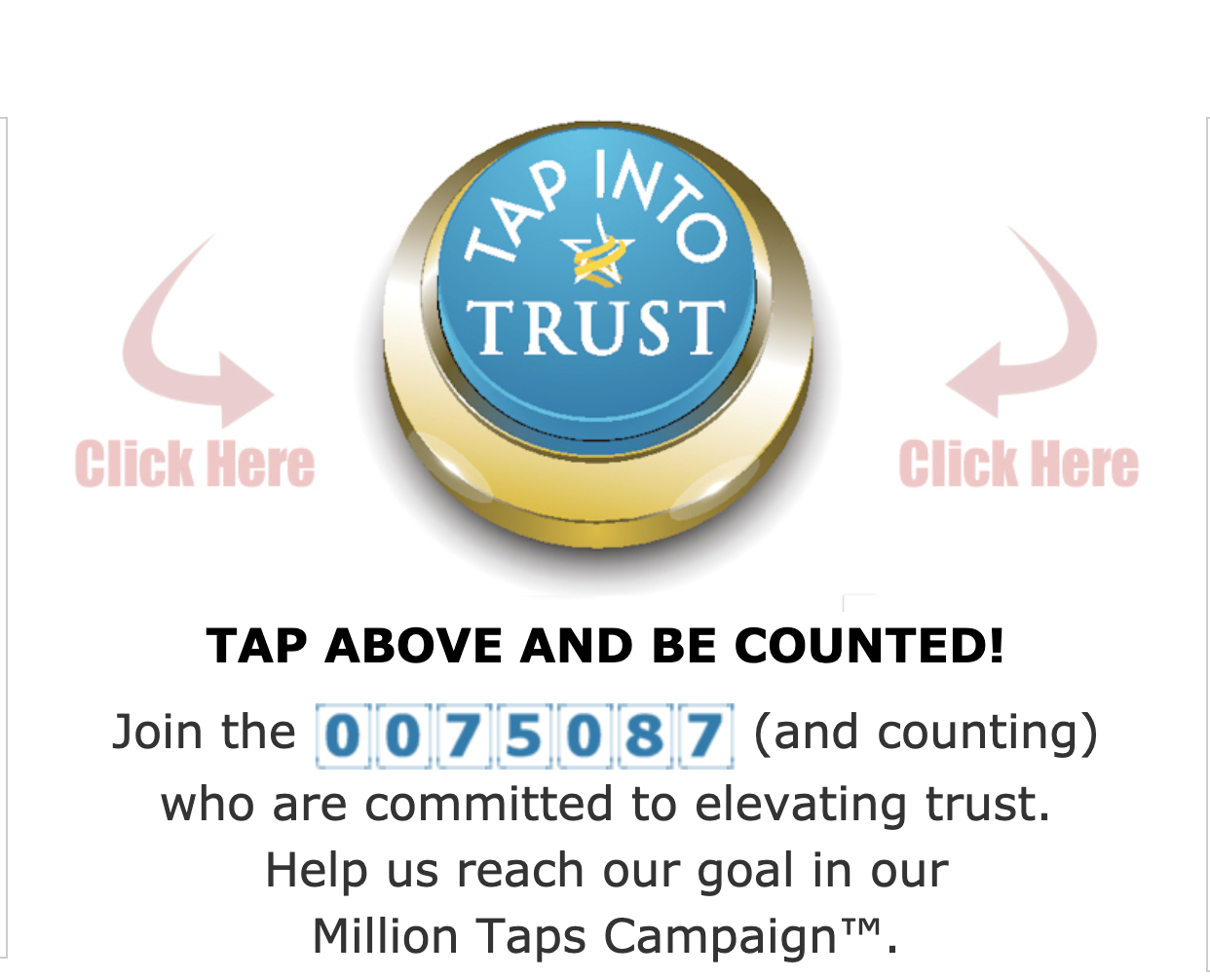
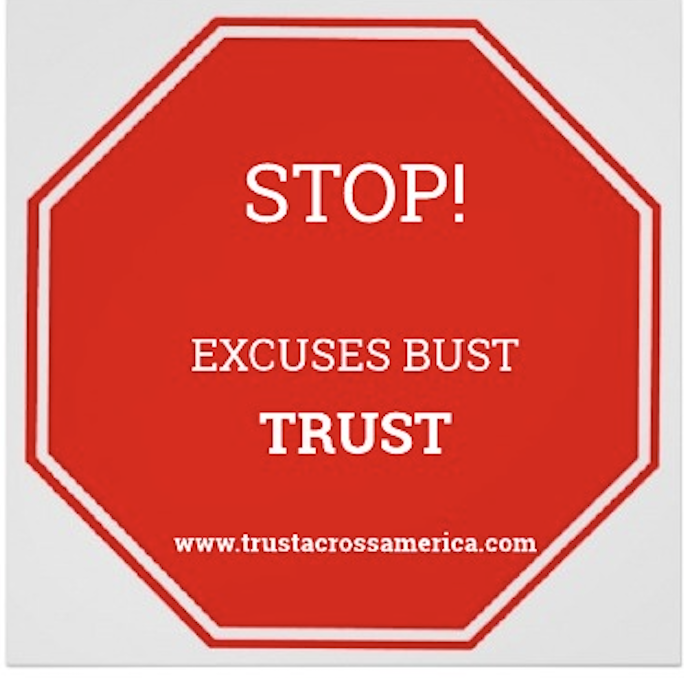


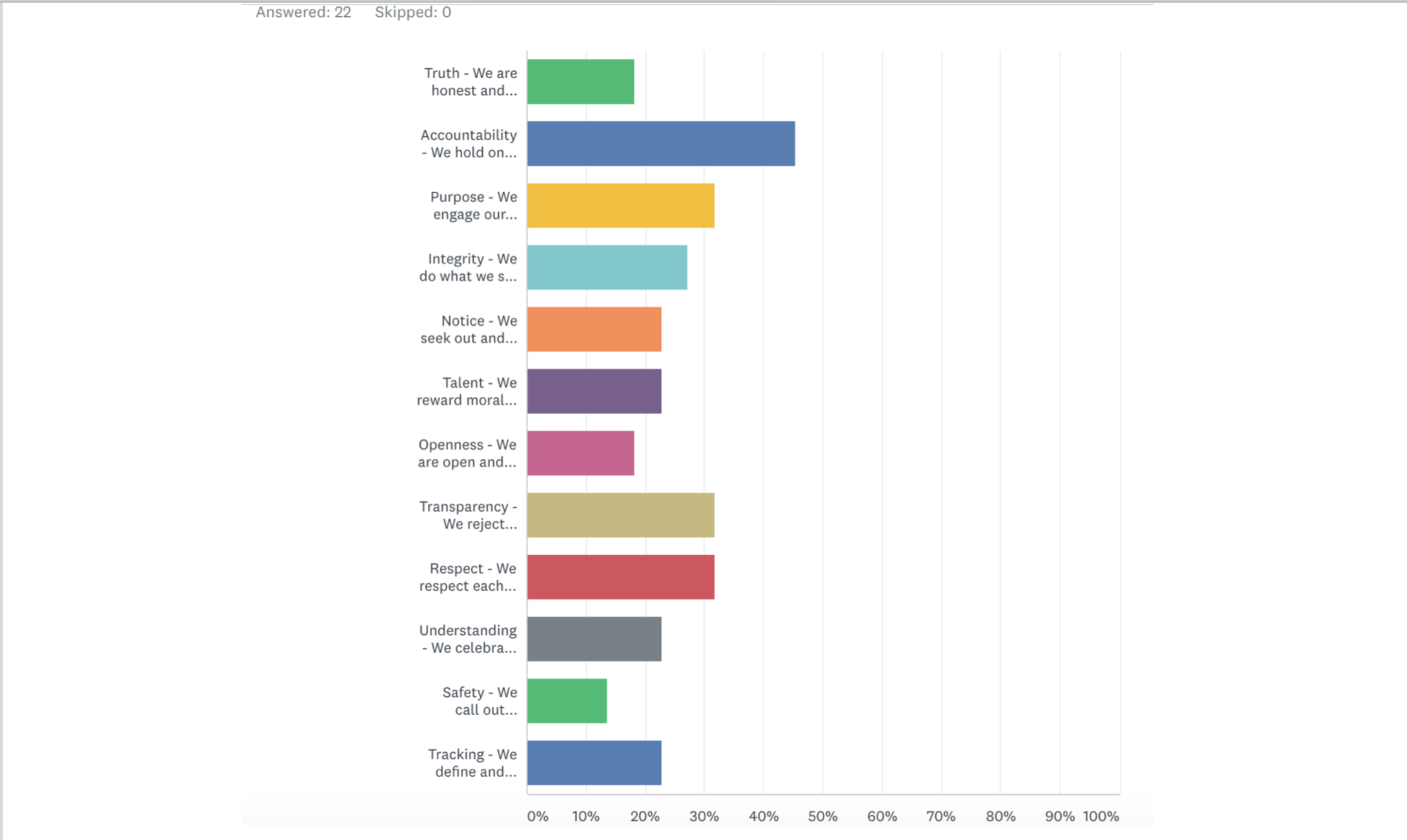

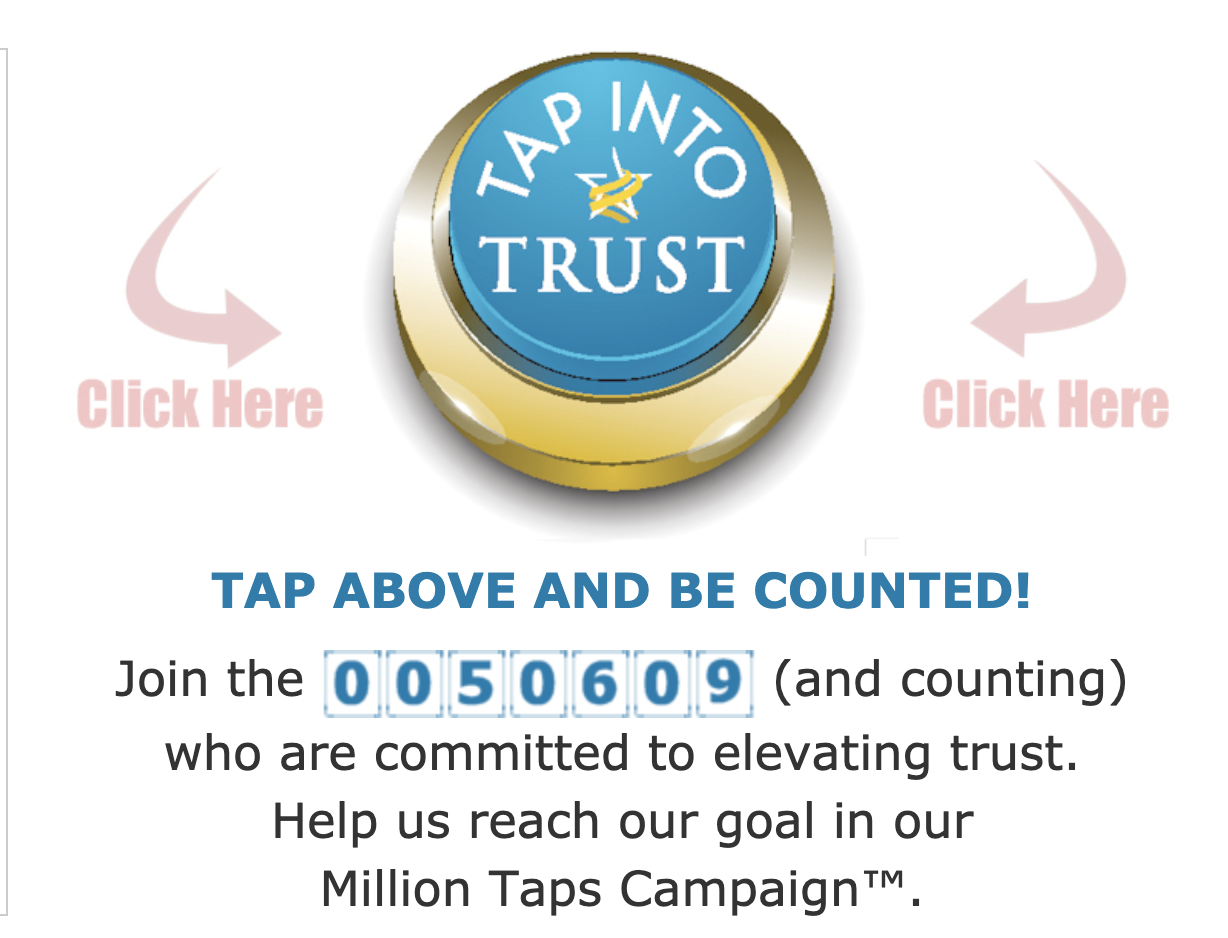
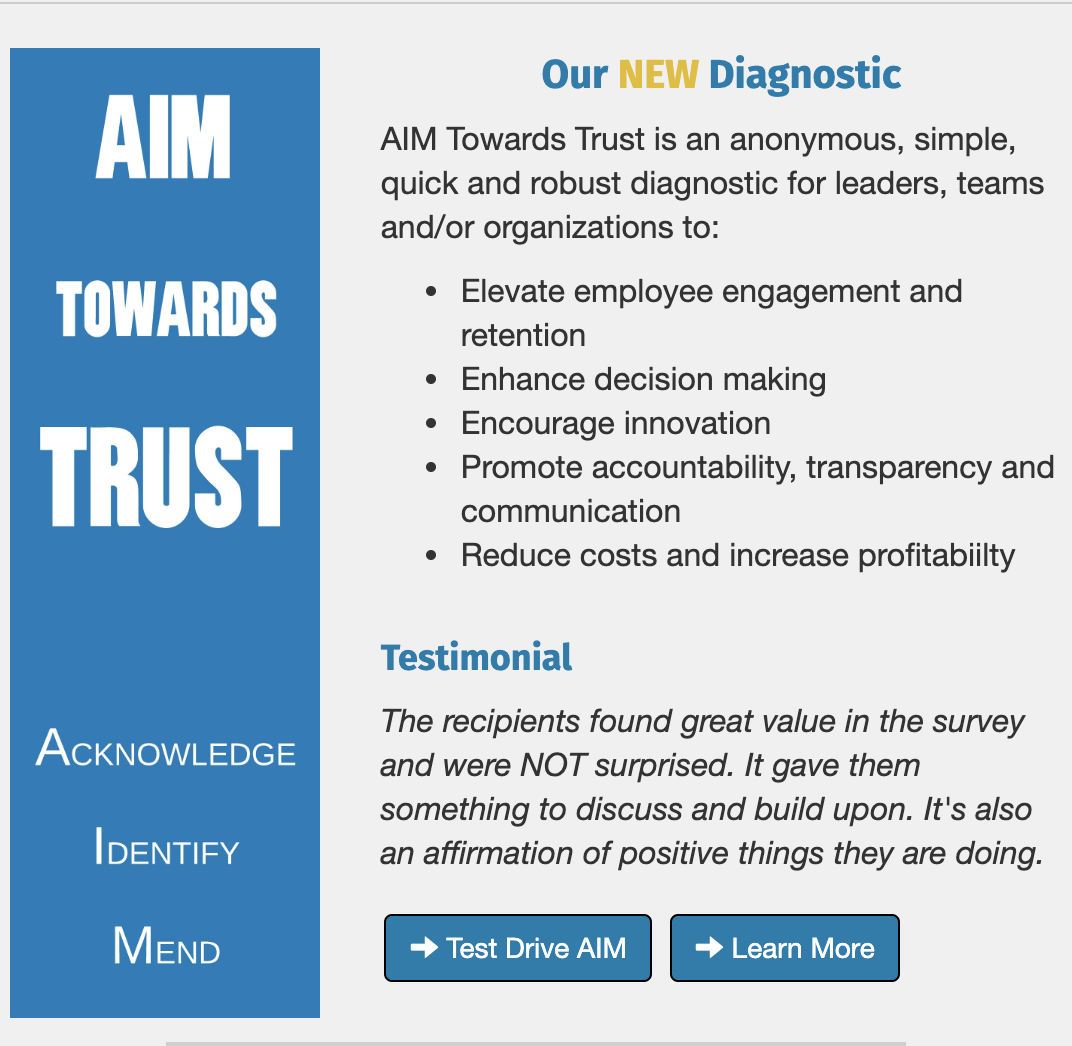

Recent Comments